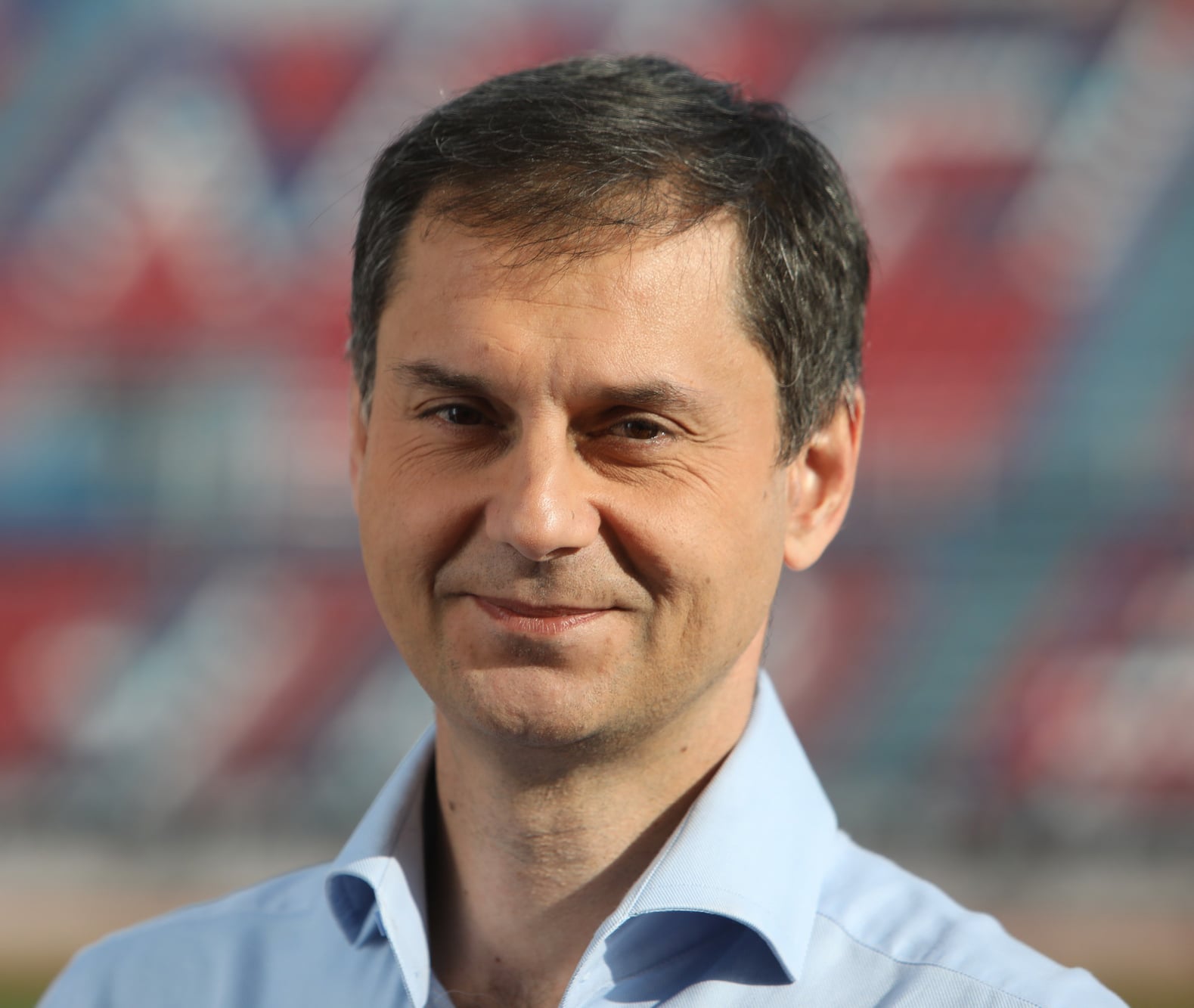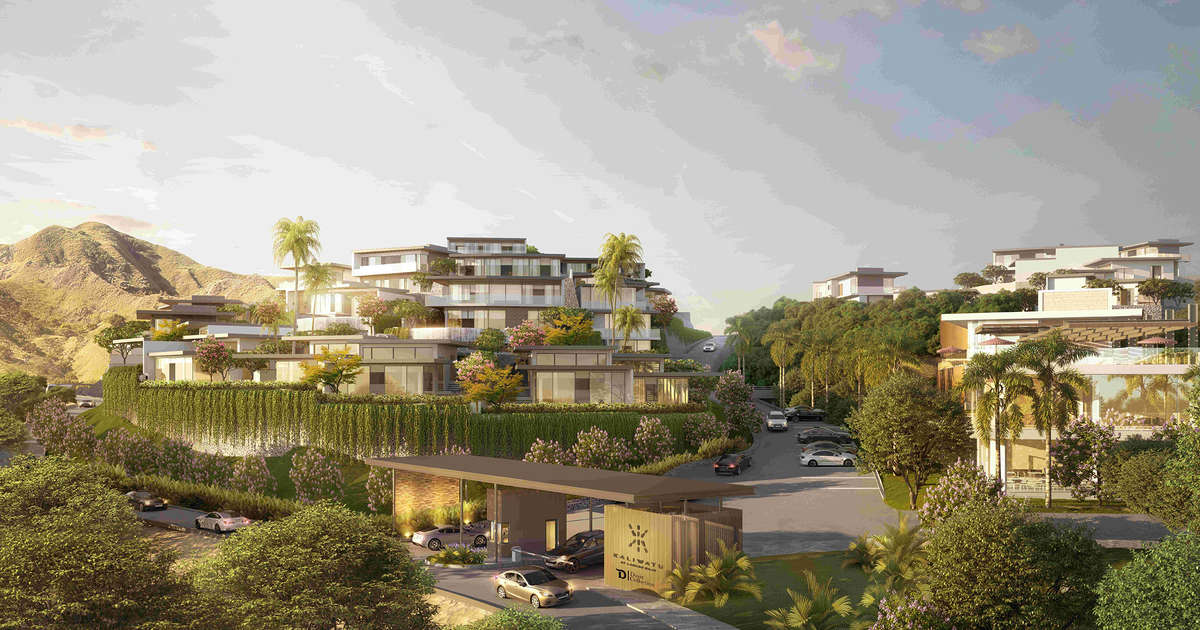
In a world fractured by conflict and fatigued by geopolitics, tourism may seem like a footnote. Frivolous. Secondary. Indulgent.
But it’s not.
Tourism is one of the most underutilized tools for peace and diplomacy in our time. Overlooked, underestimated may be but never irrelevant. In fact, it may be the most profound act of global service we still have.
If war is the darkest form of human exchange, then tourism is its most luminous. It is a gentle revolution – one that expands minds, opens hearts, and bridges the divides that headlines and politics so often deepen. It allows us to encounter the world not through the lens of fear or power, but through the stories of its people.
To travel is to share. To listen. To learn. And in doing so, to disarm prejudice and dissolve bias.
Because when you’ve looked into someone’s eyes, heard their story, stood on their soil—hatred finds no place to grow.
This is not poetic idealism. It’s political realism.
Tourism, when placed at the heart of global leadership is not a soft sector. It is a soft power. And if I am elected Secretary-General of UN Tourism, I will place this power squarely on the global agenda.
Because tourism is not just about GDP – it’s about GHP: Global Human Possibility.
Over 110 armed conflicts rage as we speak in different parts of the world. And yet, every conflict is also a call for healing, for rebuilding, for reconnection. History has proven the power of tourism to do exactly that. In Rwanda, in Colombia, in Cambodia, in Bosnia, in Northern Ireland – tourism has helped transform trauma into transformation. In these places, it is not just economic – it is existential.
Imagine this: 1.3 billion people crossing borders each year.
That’s 1.3 billion chances for peace. 1.3 billion opportunities to step out of echo chambers and into empathy. Even if only 1% of those travelers became peace ambassadors, that’s 13 million grassroots diplomats – planting seeds of trust and understanding where policy has failed.
Tourism diplomacy doesn’t wait for backroom deals. It happens in living rooms, marketplaces, and village paths. It empowers local communities to rise on their own terms. It doesn’t impose. It invites.
That’s the leadership UN Tourism needs.
Not status quo stewardship – but bold, conscious stewardship.
Not just unity in structure – but unity in purpose.
Because the stakes are no longer just economic.
In a fractured world, tourism is not a luxury – it’s a lifeline.
And the next Secretary-General must be ready to lead it that way.
